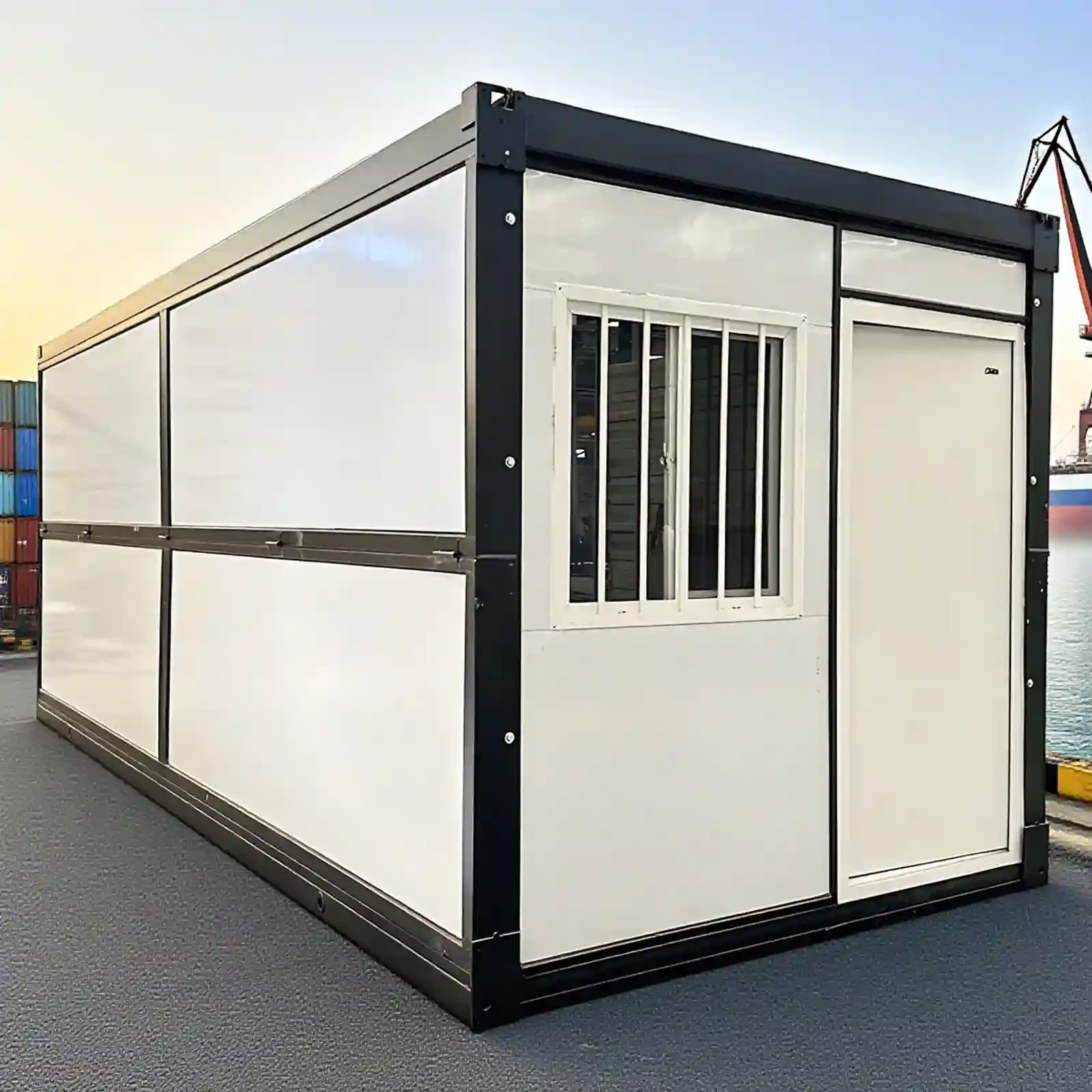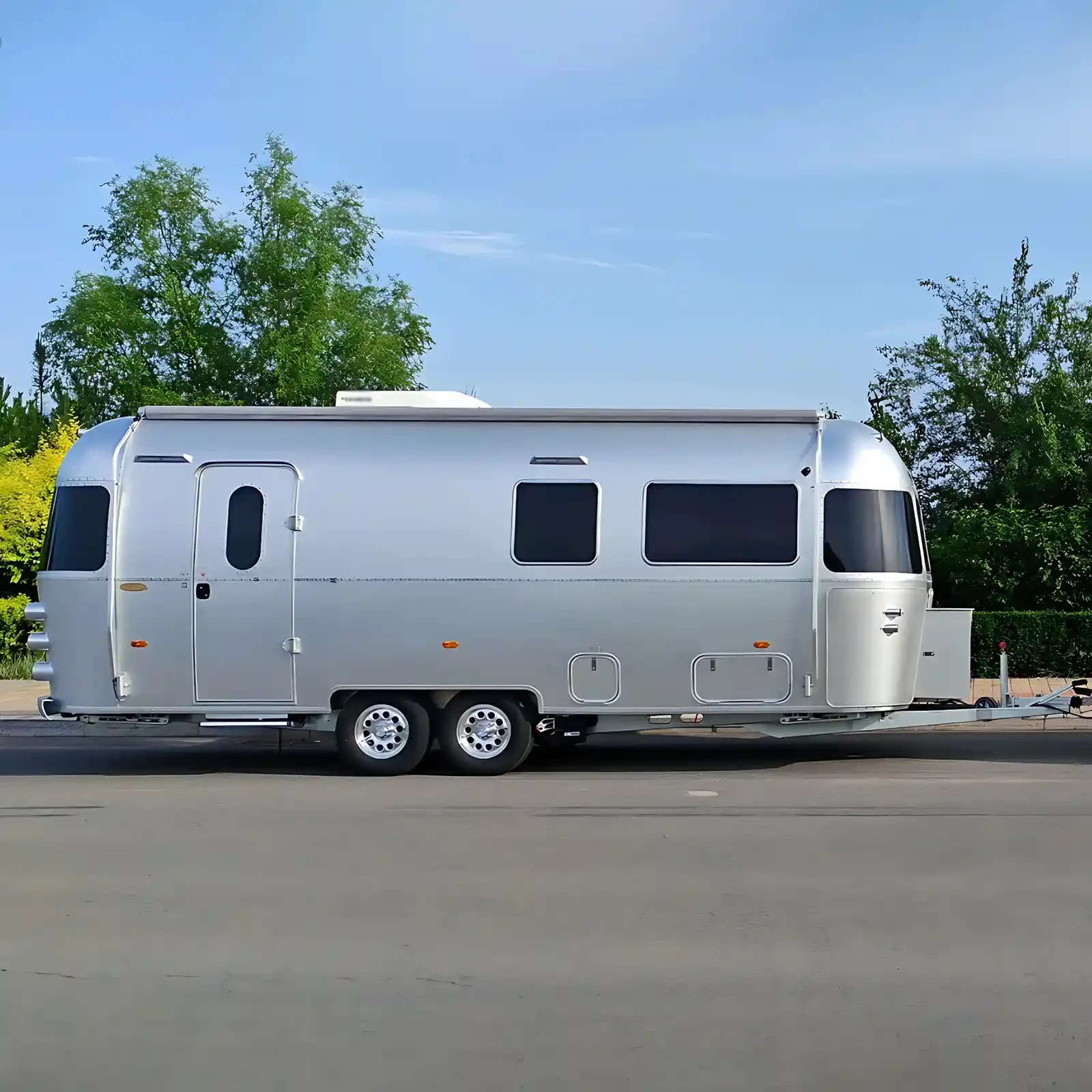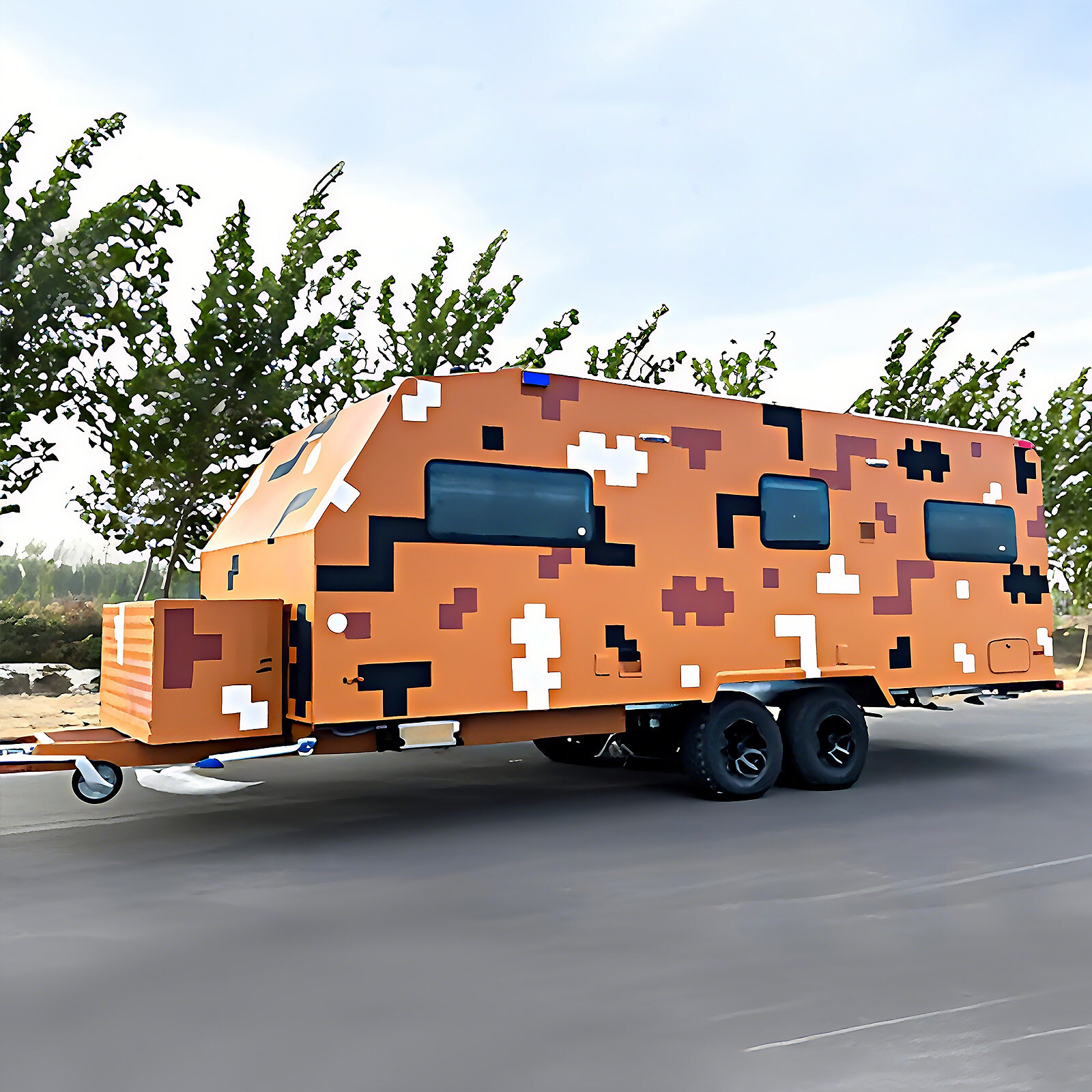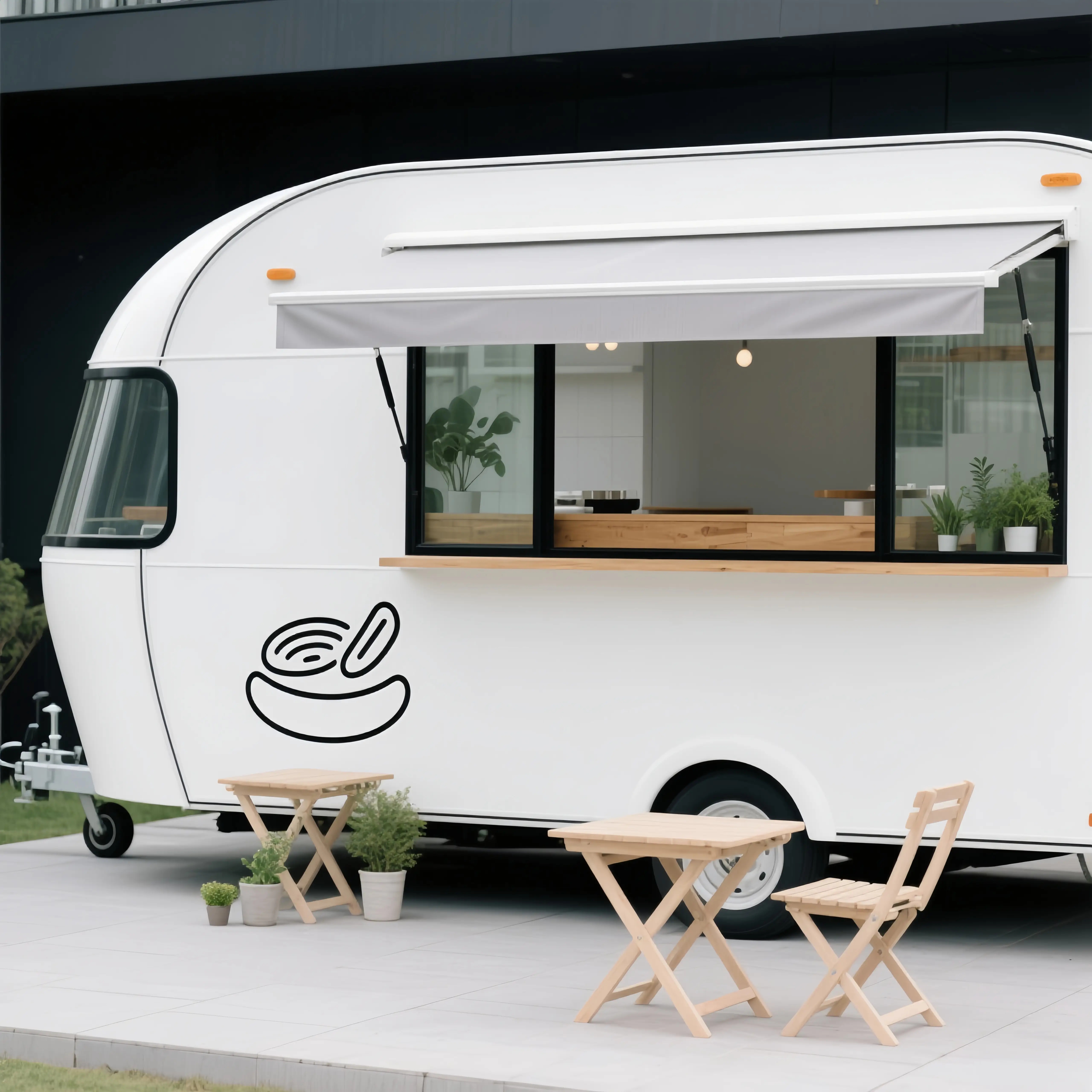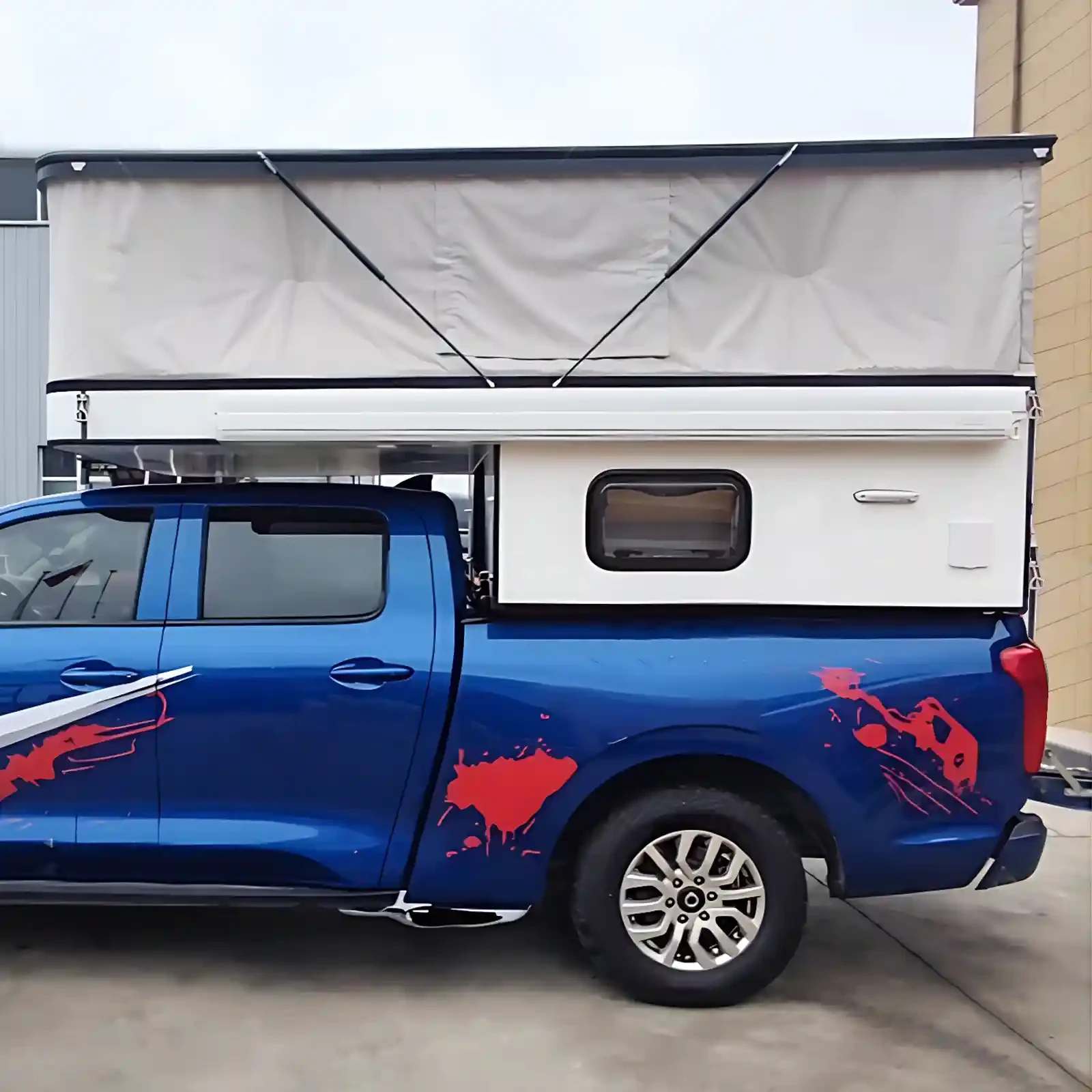Traditional B&Bs have long held a prominent position in the tourism accommodation market, offering visitors a home-like experience with their warm, personalized atmosphere. However, in recent years, the rise of capsule B&Bs is quietly revolutionizing the accommodation industry. When traditional B&Bs meet capsule B&Bs, where exactly will this transformation manifest, and how will it impact the future of the tourism accommodation market?
Accommodation experience: a collision of traditional warmth and technological novelty
Traditional B&Bs are often based on local residential buildings, preserving distinctive local architectural styles and interior décor. Wooden furniture and handwoven ornaments exude a rich cultural atmosphere. Staying in a traditional B&B allows visitors to deeply immerse themselves in local life, interact with hospitable hosts, savor authentic home-cooked meals, and experience the warmth of neighborhood. For example, in the Jiangnan water towns, traditional B&Bs feature whitewashed walls, black tiles, and wooden doors and windows. Waking up to the sound of birdsong and opening the window to a tranquil river reveals this natural, vibrant experience, allowing visitors to escape the hustle and bustle of the city and find inner peace.
In contrast, space capsule B&Bs offer a novel experience imbued with a sense of technology and the future. Their exterior, modeled after a spaceship, features flowing metallic lines and a unique design that instantly captures attention. Stepping inside, one feels like stepping into the vast universe. A ceiling lighting emulating a starry sky, combined with gentle cosmic sound effects, creates an immersive space atmosphere. An intelligent sleep system adjusts mattress support based on body curves and monitors physiological parameters in real time, ensuring quality sleep. Furthermore, convenient smart entertainment options, such as high-definition smart TVs and virtual reality equipment, allow guests to fully enjoy the joys of technology throughout their stay. This unprecedented technological experience satisfies people's thirst for novelty and is particularly popular among young travelers and tech enthusiasts.
Operational model: the difference between labor-intensive and intelligent and efficient
Traditional B&B operations are highly labor-intensive. From daily maintenance and cleaning to welcoming guests and answering questions, hosts or staff are required to personally handle everything. During peak tourist season, with the influx of tourists, hosts often have to invest significant time and effort to ensure quality service. Furthermore, the booking process for traditional B&Bs is relatively cumbersome, requiring guests to communicate with hosts via various methods, including phone and online platforms, to confirm details such as room availability, price, and check-in time. This process can be time-consuming and impacts the guest's booking experience.
Space capsule B&Bs leverage technology to achieve intelligent and efficient operations. A smart door lock system allows guests to check in by themselves using a password or QR code, eliminating the need for manual key exchange, significantly saving labor costs and guests' time. Intelligent temperature control and ventilation systems automatically adjust the cabin environment, reducing the frequency of manual inspections. Furthermore, the space capsule B&B's reservation management system is even more intelligent. After guests place an order online, the system automatically confirms the order, assigns a room, and sends check-in information to the guest, making the entire process simple and fast. Furthermore, the modular design of space capsule B&Bs shortens construction and installation cycles, enabling rapid replication and expansion, giving them an advantage in expanding their inventory compared to traditional B&Bs.
Market positioning: selection of diverse audiences and market segments
Traditional B&Bs, with their diverse styles and services, appeal to a wide range of audiences. Whether seeking romantic couples, families craving family experiences, or backpackers embracing cultural exploration, a traditional B&B can find accommodations that suit their needs. Traditional B&Bs are often located in historic urban neighborhoods, near scenic spots, or in rural areas, allowing visitors to immerse themselves in local culture and life.
Capsule B&Bs precisely target niche markets, primarily targeting young travelers seeking novel experiences and a focus on technology, as well as business travelers who demand convenient accommodations. Their unique design and technological amenities distinguish them from other accommodation options, becoming a hot topic among young travelers' social media accounts. Their convenient check-in process and intelligent services also suit the fast-paced lifestyles of business travelers. Furthermore, their compact footprint allows for flexible placement near urban commercial districts, scenic spots, and transportation hubs, meeting diverse accommodation needs and further expanding their market potential.
The impact and prospects of this change
The emergence of capsule B&Bs is profoundly changing the landscape of the tourism accommodation market. On the one hand, they offer consumers a more diverse range of accommodation options, catering to the individual needs of different demographics. On the other hand, they are also driving traditional B&Bs to continuously innovate and upgrade, introducing intelligent equipment and management systems to improve service efficiency and quality. In the future, with the continuous advancement of technology, capsule B&Bs are expected to achieve greater breakthroughs in the use of environmentally friendly materials and intelligent service upgrades, further expanding their market share. Traditional B&Bs, with their rich cultural heritage and humanistic approach, will continue to shine in the tourism accommodation market. This convergence and transformation of traditional B&Bs and capsule B&Bs will drive the entire tourism accommodation industry towards greater diversification, intelligence, and personalization, providing travelers with a richer and higher-quality accommodation experience.

 USD
USD
 GBP
GBP
 EUR
EUR

